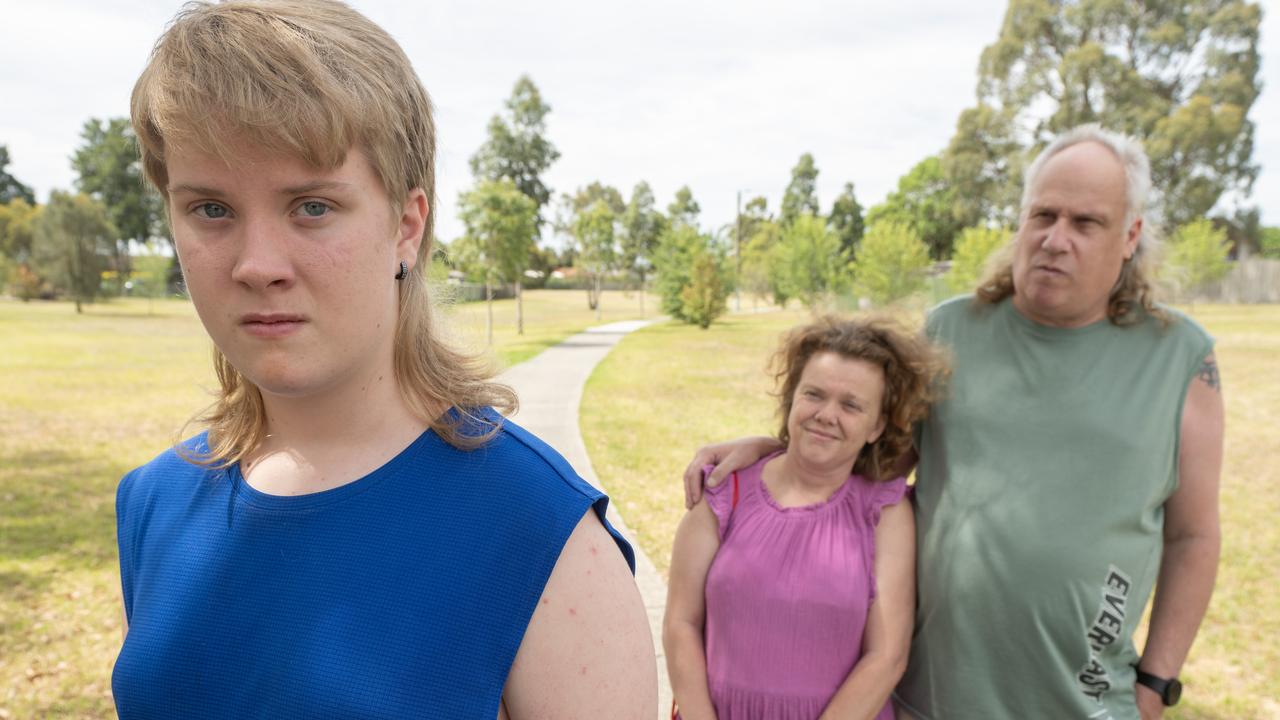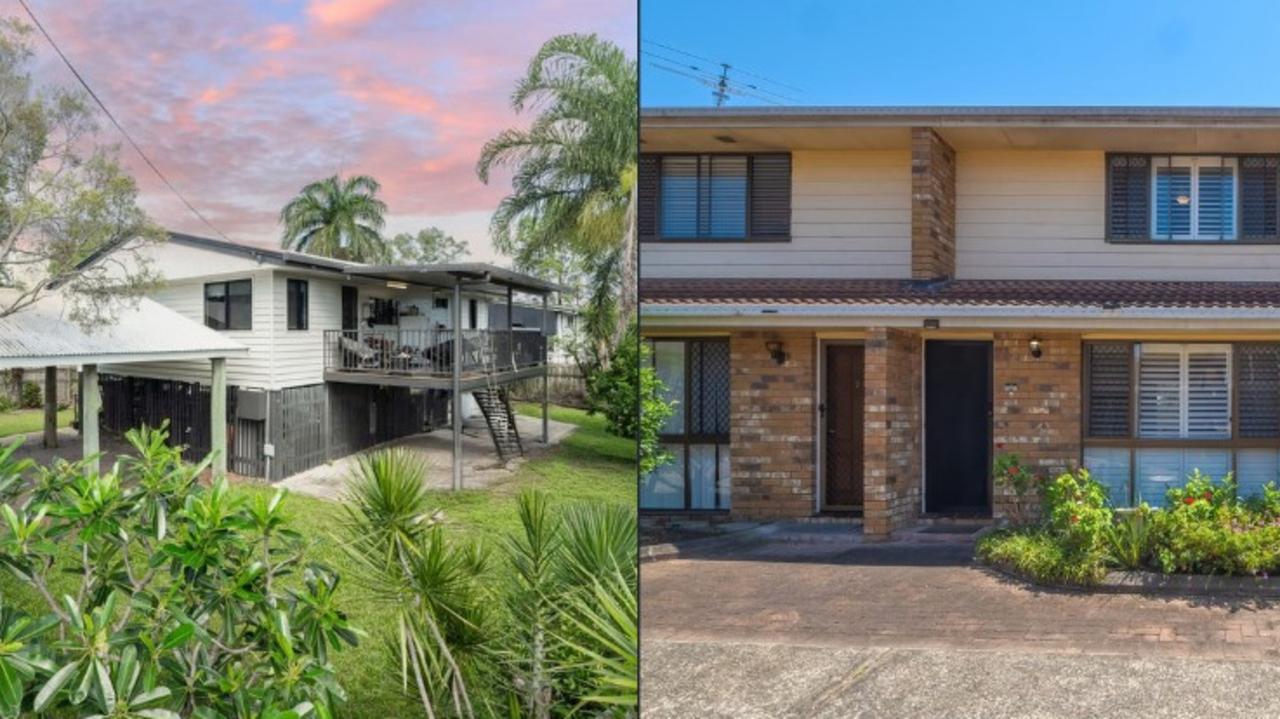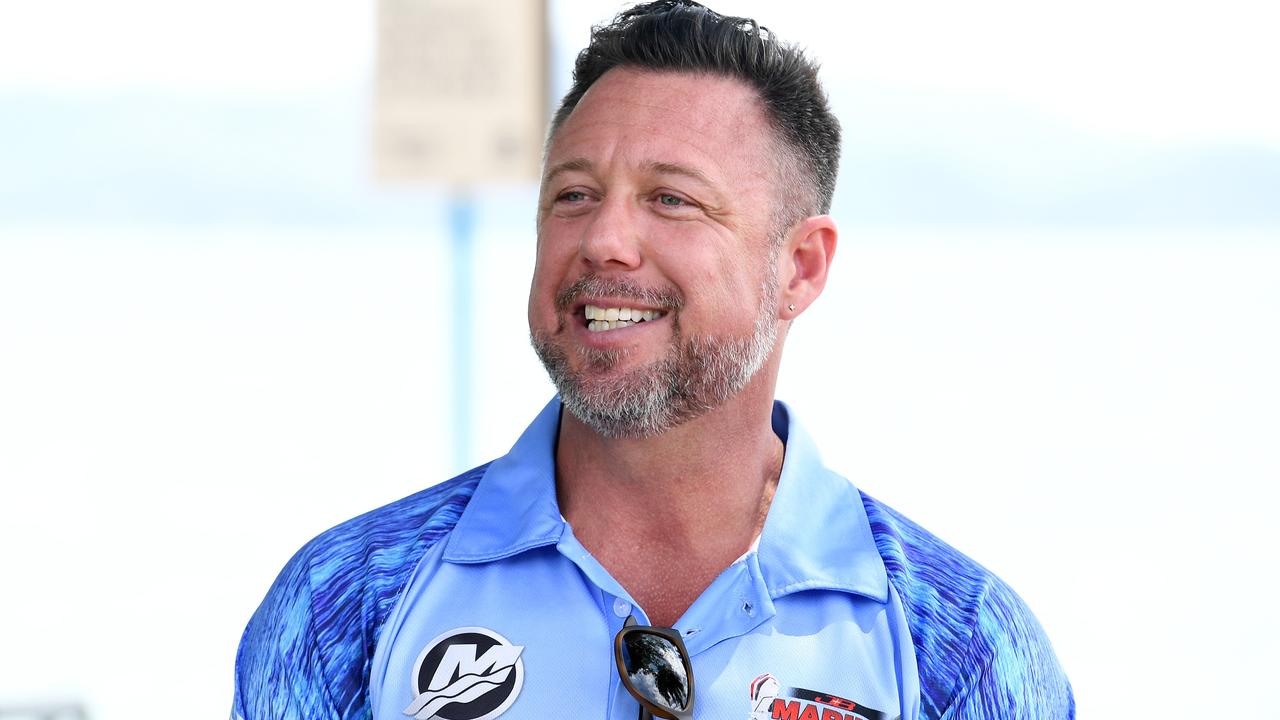Why affordable housing will be the big election issue across Qld
Affordable housing is tipped to be a key issue in the lead-up to the Federal election, with analysis showing that home prices in every Qld electorate have soared by up to 30 per cent since 2022.
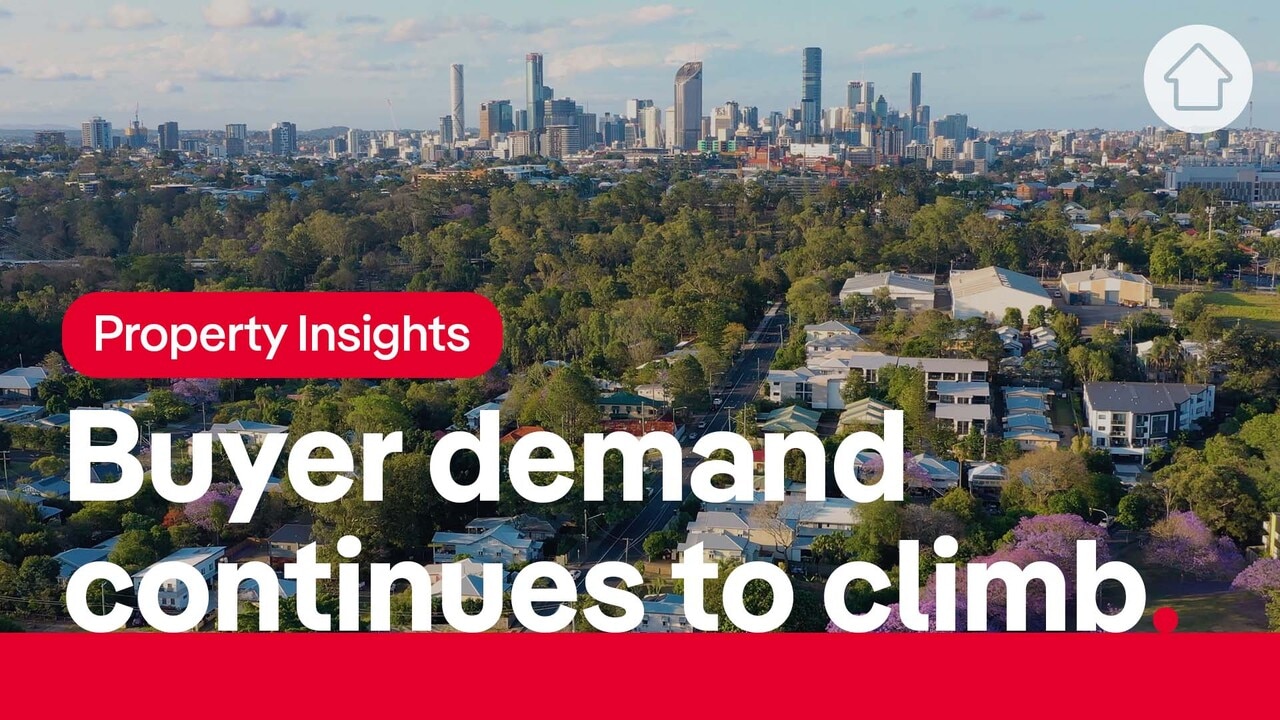
Affordable housing is shaping up to be a key issue for voters in the lead-up to the Federal election, with analysis showing that median house prices in every Queensland electorate have soared by up to 30 per cent since 2022.
Exclusive analysis by Capital Property Advisory, modelled with Suburbtrends data, shows that every Queensland electorate has recorded double-digit price growth, with only two posting single-digit growth - Ryan and Fisher (both 6 per cent).
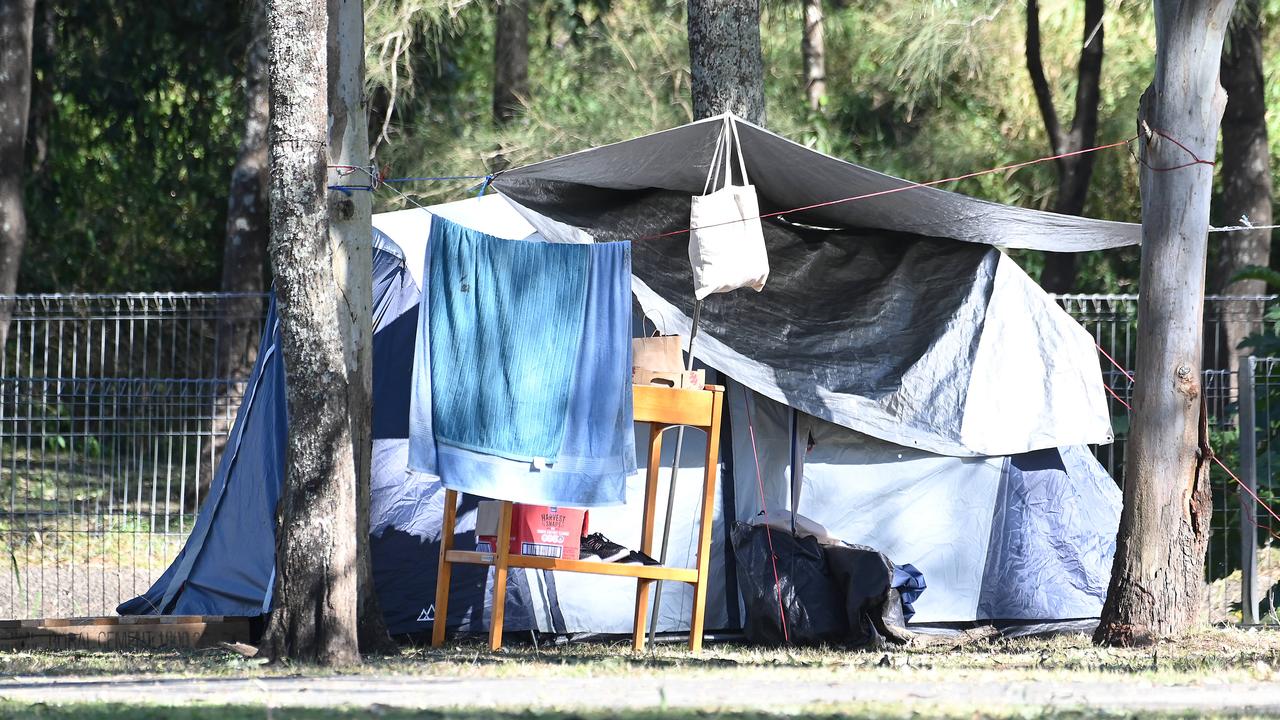
In contrast, 23 of the 47 electorates in NSW have recorded declines of up to 36 per cent, while in Victoria just five of its 39 electorates recorded home price gains since the Albanese Government came to power, with declines of up to 29 per cent.
Losses were also recorded across the Northern Territory, the ACT and Tasmania.
Like Queensland, every electorate in South Australia and Western Australia recorded median home price gains.
Matthew Hughes, investment advisor at property group CPA, said housing affordability would be top of mind for voters.
He said the problem was deeply rooted in the numerous issues affecting the construction industry, which meant not enough homes were getting built at a time of record population growth.
“Issues with housing supply and demand are nuanced, but it’s the young people living within inner (city) seats that have probably been affected most,” Mr Hughes said.
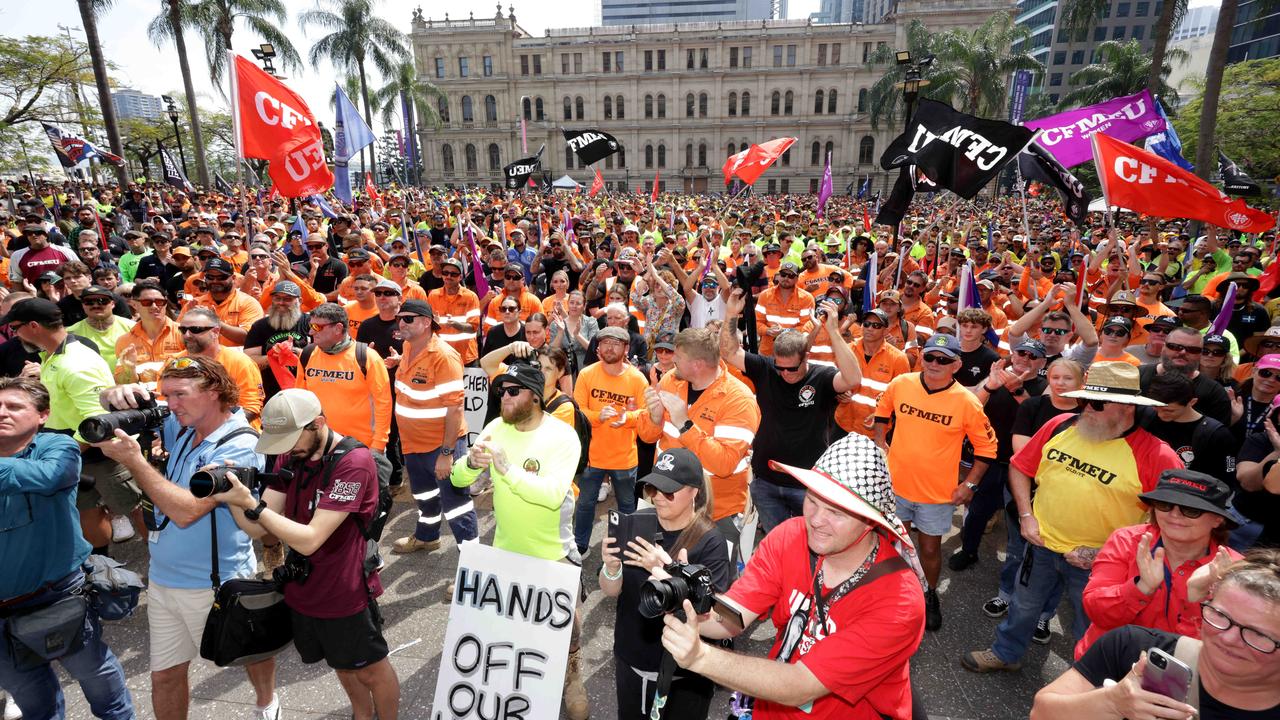
He noted that some of the recent property price drivers traced back to the pandemic-era, particularly the HomeBuilder scheme, which provided first-home buyer grants to purchase new homes.
He said this pushed up demand at a time of materials shortages, which exacerbated construction backlogs – particularly in mid-size capitals like Brisbane and Perth.
“Timeframes to build a house went from about eight months to, now, more than 18 months,” he said.
“Costs have blown out and (state and federal) governments have done little to solve this.”
Governments, both at state and federal level, have further contributed to the problem with excessive taxes on new construction and stamp duty charges on buyers, Mr Hughes added.
He said there was no easy solution for how to solve chronic labour shortages that have also contributed to rampant housing cost increases.
“Bringing in more migrants to build houses is solving one problem with another problem because they bring families who also need housing,” he said.
Negative gearing changes would be a hard sell to the electorate if Labor were to propose it, Mr Hughes said.
The research found that some of Queensland’s most affordable electorates were among the hardest hgit by price hikes.
Homeowners in the seat of Blair, which includes suburbs such as Toogoolawah, Kilcoy, Esk, Coominya, Karana Downs and Redbank Plains, have seen median home prices across their ALP-held electorate increase by $206,851, up from an affordable $487,250 in 2022 to $694,101 now.
INTERACTIVE: How much Qld home values have soared since Albo was elected
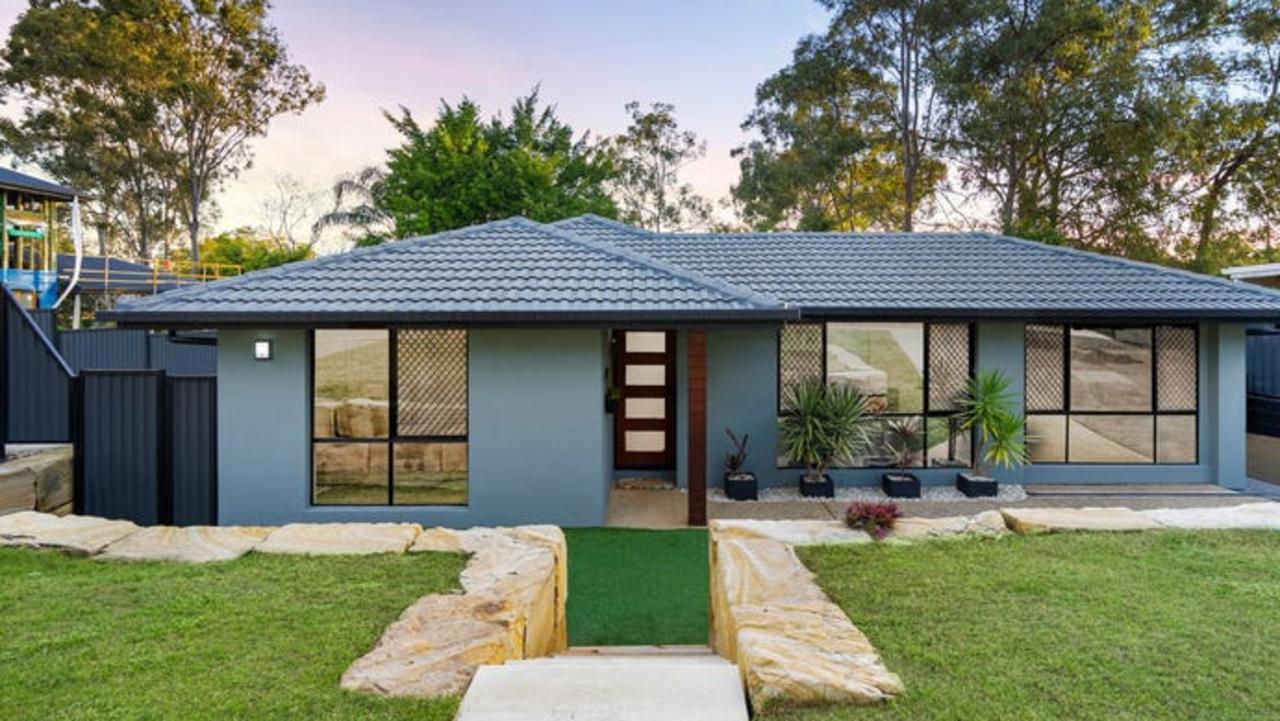
Place Karalee Karana Downs principal Richard Bischoff said that while prices in the area had shot up, they were still more affordable than suburbs closer to the CBD.
“We are seeing a lot of buyers selling up in the city and moving further west for affordability and lifestyle reasons,” he said.
“We even have people in this area selling up and heading further west for the same reason.
“Many are cashing out and trying to minimise their costs.”
Hot on the heels of Blair was the federal electorate of Flynn, which is currently held by the LNP.
Home to suburbs such as Gladstone, Agnes Water, Mundubbera, Emerald, Moura and the Gemfields, median home values have increased, on average across the electorate, by 28 per cent since the last federal election.
There, home values have increased from $355,000 to $490,000 now, or an extra $135,000.
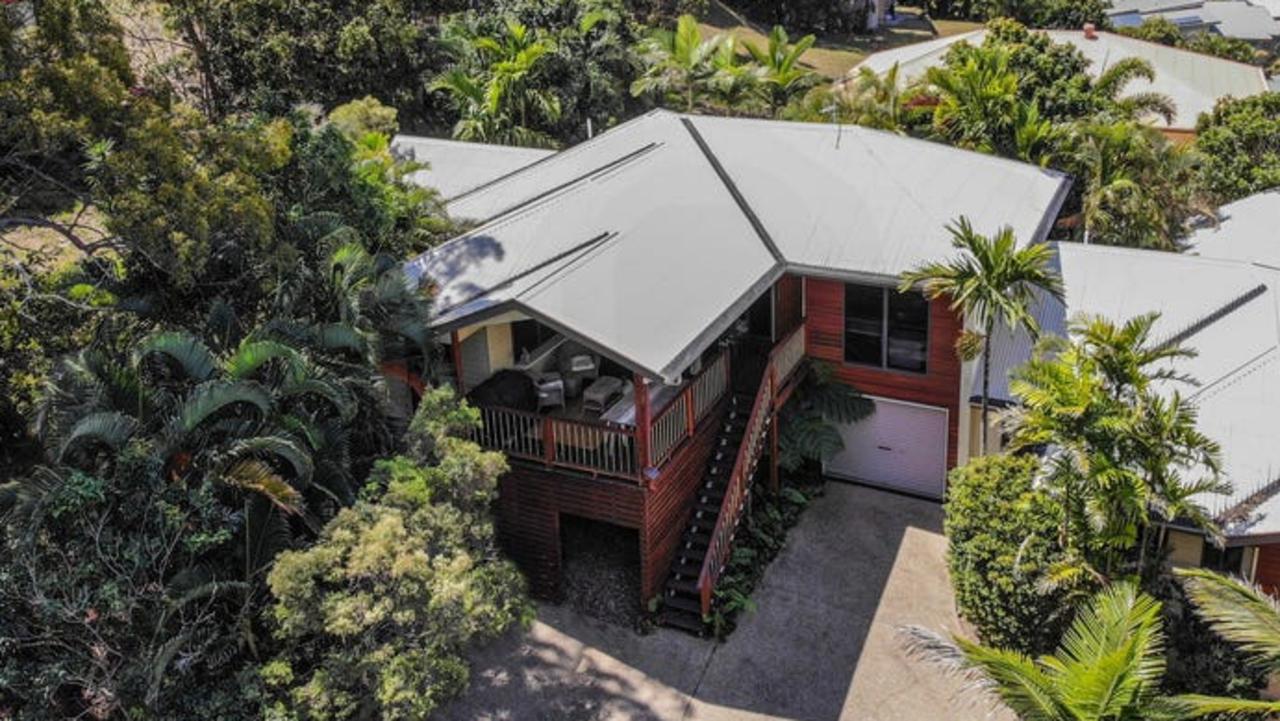
Herbert, held by the LNP, recorded the third highest increase in median home values across the electorate, up 27 per cent.
It takes in most of the suburbs of Townsville, which recently saw voters in all three state electorates dump the ALP in favour of the LNP.
Both parties made promises to address the housing crisis.
MORE: 30 unexpected bargain suburbs revealed
Shock forecast on RBA set to cost Aussies thousands
Home loans rise as owner occupiers surge in 2 key states
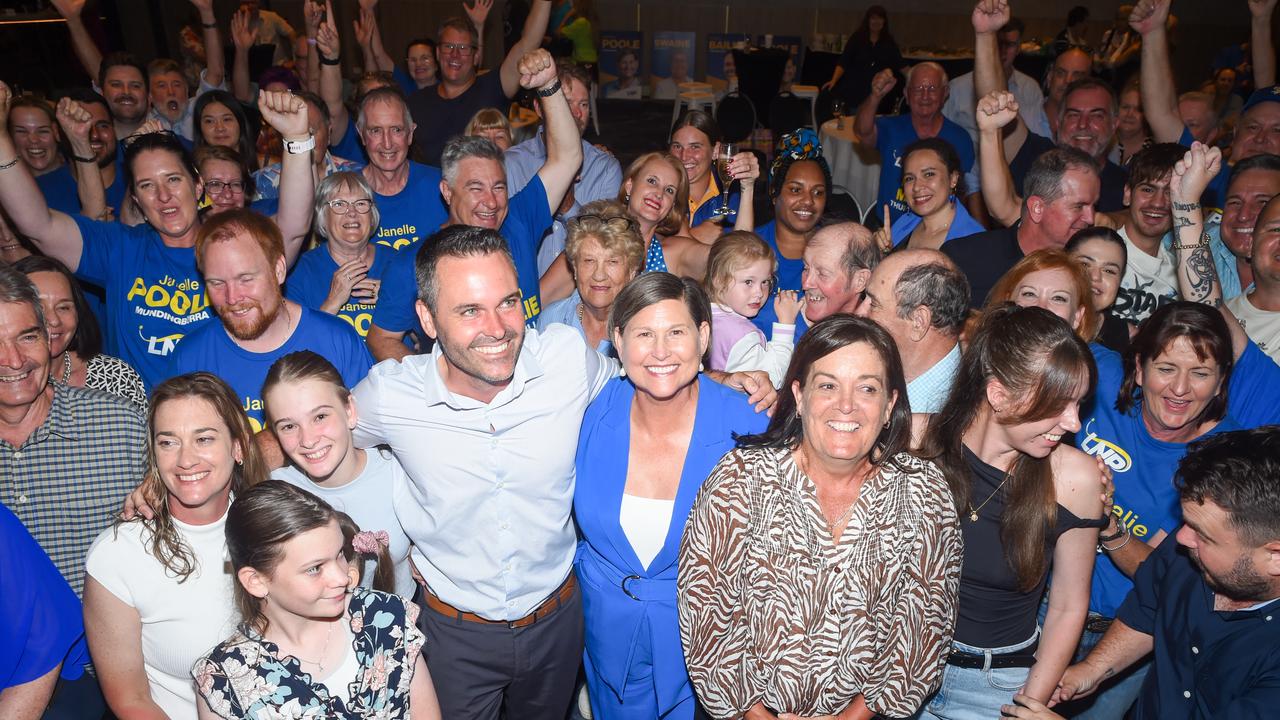
The analysis also found that there were now four $1 million-plus federal electorates in Queensland.
At the last election there was just one - Ryan in Brisbane, which is currently held by The Greens.
Joining the $1 million-plus club is Bonner (LNP), McPherson (LNP) and Moreton (ALP).
Bonner homeowners have banked equity of $245,000 since the 2022 election, slightly more than the new annual pay rate for backbench MPs ($233,643 a year).
In Peter Dutton’s electorate of Dickson, median home values have increased 14 per cent, up from $725,000 in 2022 to $845,000 now.
The CPA/Suburbtrends research comes after the Mortgage Choice Home Loan Report revealed that housing issues would dominate voter concerns (87 per cent) in the lead-up to the election, tipped for early next year.
A recent Newspoll also revealed that support for the Coalition had lifted to 40 per cent for the first time, and that Opposition Leader Peter Dutton’s net approval had surpassed that of Prime Minister Anthony Albanese.
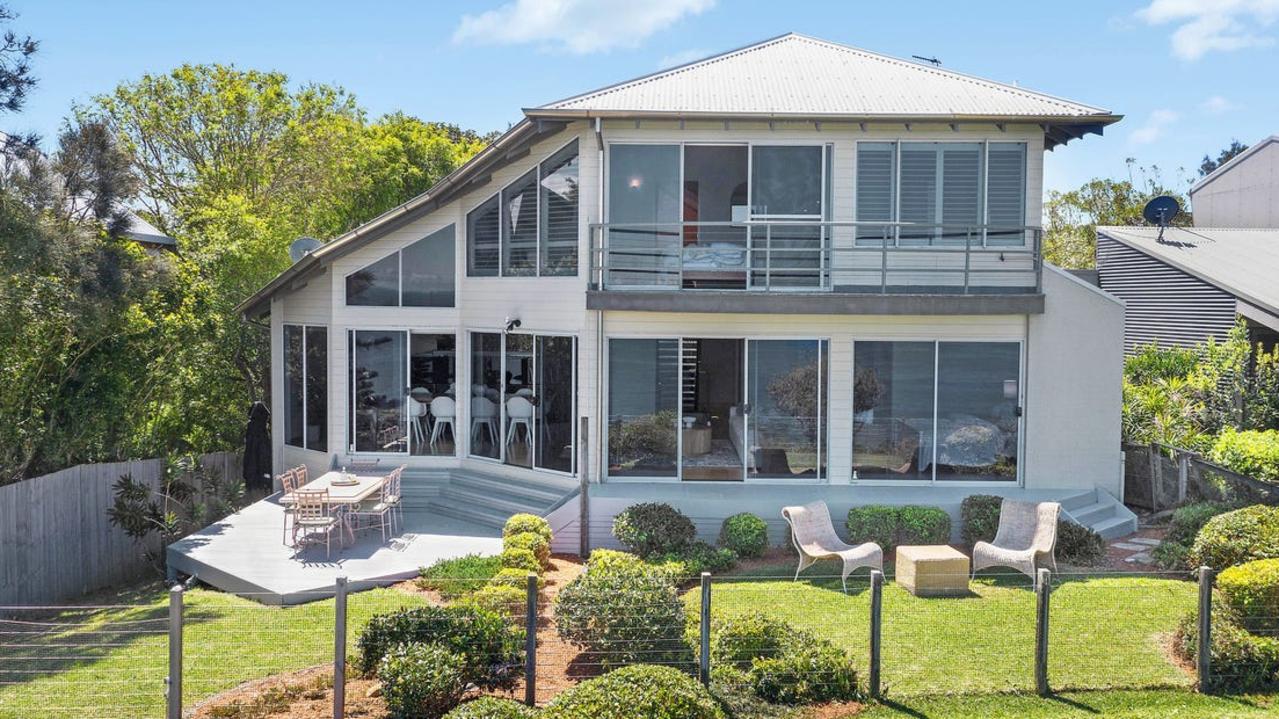
At a state level, the ALP lost its nine year stronghold on Queensland in October, with the LNP taking 52 seats to Labor’s 36 with pundits warning the result should sound alarm bells for Federal Labor.
The Mortgage Choice Home Loan Report revealed that a whopping 93 per cent of Millenials cited housing as a key factor in securing their vote.
Of the housing-related issues of most importance, top of the list was more affordable housing (65%), followed by increased supply (47%), more support for first-home buyers (37%), rent control (35%) and incentives to encourage housing investment (31%).
Mortgage Choice CEO Anthony Waldron said that those with a mortgage were supportive of increased government intervention to improve housing affordability (71%), but opinion
was divided on the measures used to achieve this.
All survey respondents, regardless of their age, agreed that affordable housing was crucial for
Australia’s future.
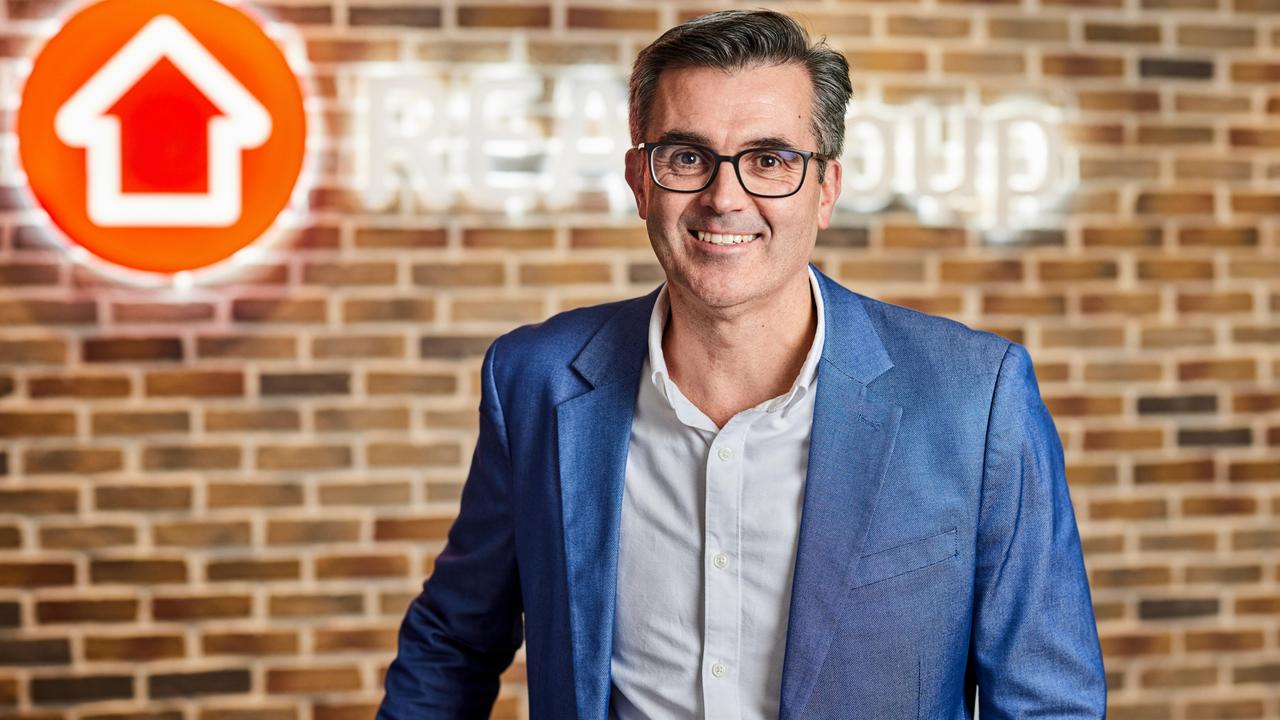
Research by Money.com.au found that the median house price in Brisbane - Australia’s second fastest growing capital city over the past 50 years - had increased 3801 per cent since 1975, up from $23,700 to $924,498 now.
The median house price is now 11 times the median annual wage — up from just four times 50 years ago, the research found.
“We can put to rest any debate about which generation had it easier,” Money.com.au’s research and data expert Peter Drennan said.
“The Silent Generation and Baby Boomers bought homes when prices were just 4-5 times the median wage, while today’s families are paying double to triple that — clearly, it’s not about skimping on avocado toast or making coffee at home.”
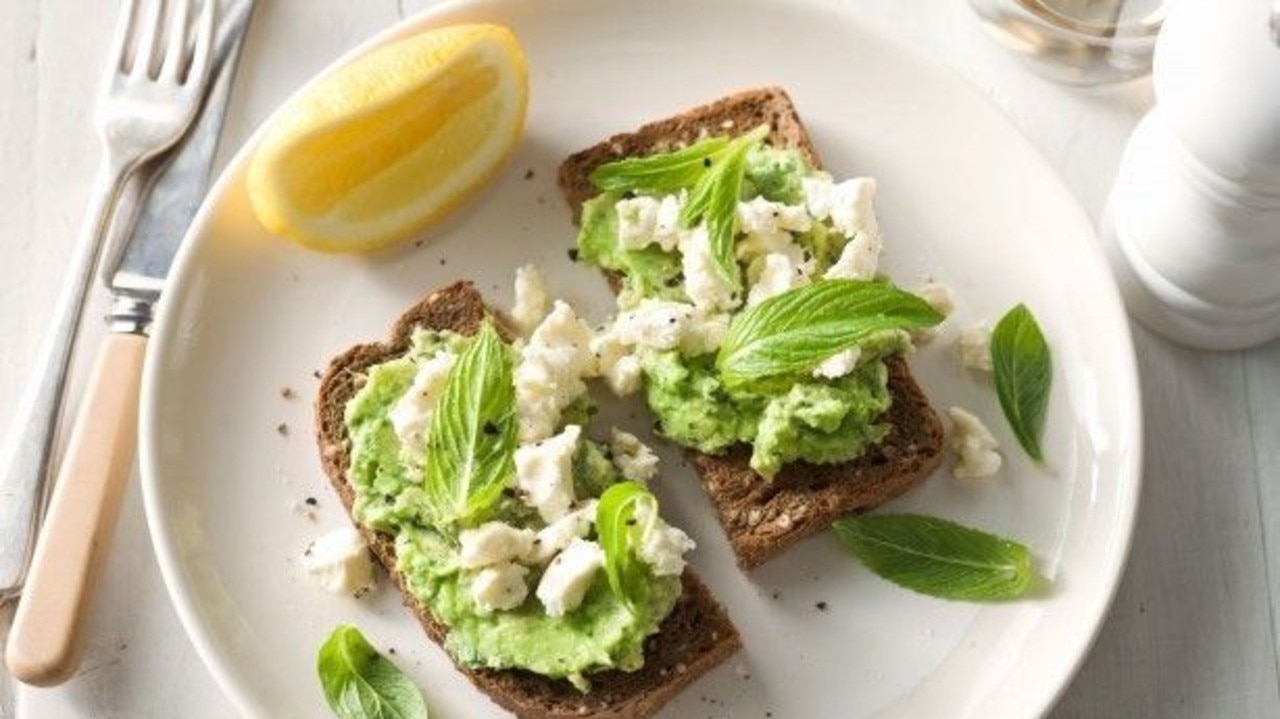
TOP 15 FEDERAL ELECTORATES FOR PRICE GROWTH
Blair 30%
Flynn 28%
Herbert 27%
Maranoa 25%
Dawson 25%
Rankin 25%
Groom 23%
Capricornia 23%
Bonner 21%
Wide Bay 21%
Forde 21%
Leichhardt 20%
Griffith 19%
Wright 19%
Petrie 19%
(Source: CPA Advisory/Suburbtrends)
Originally published as Why affordable housing will be the big election issue across Qld


